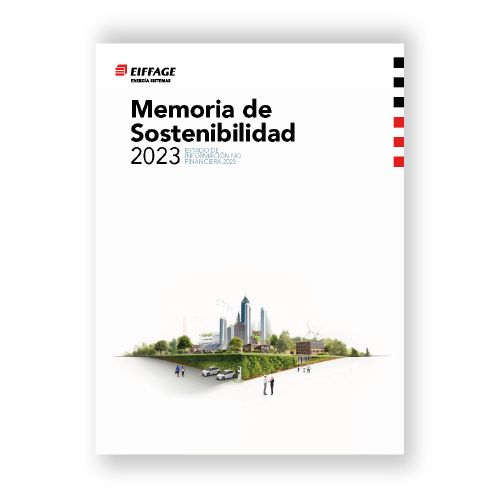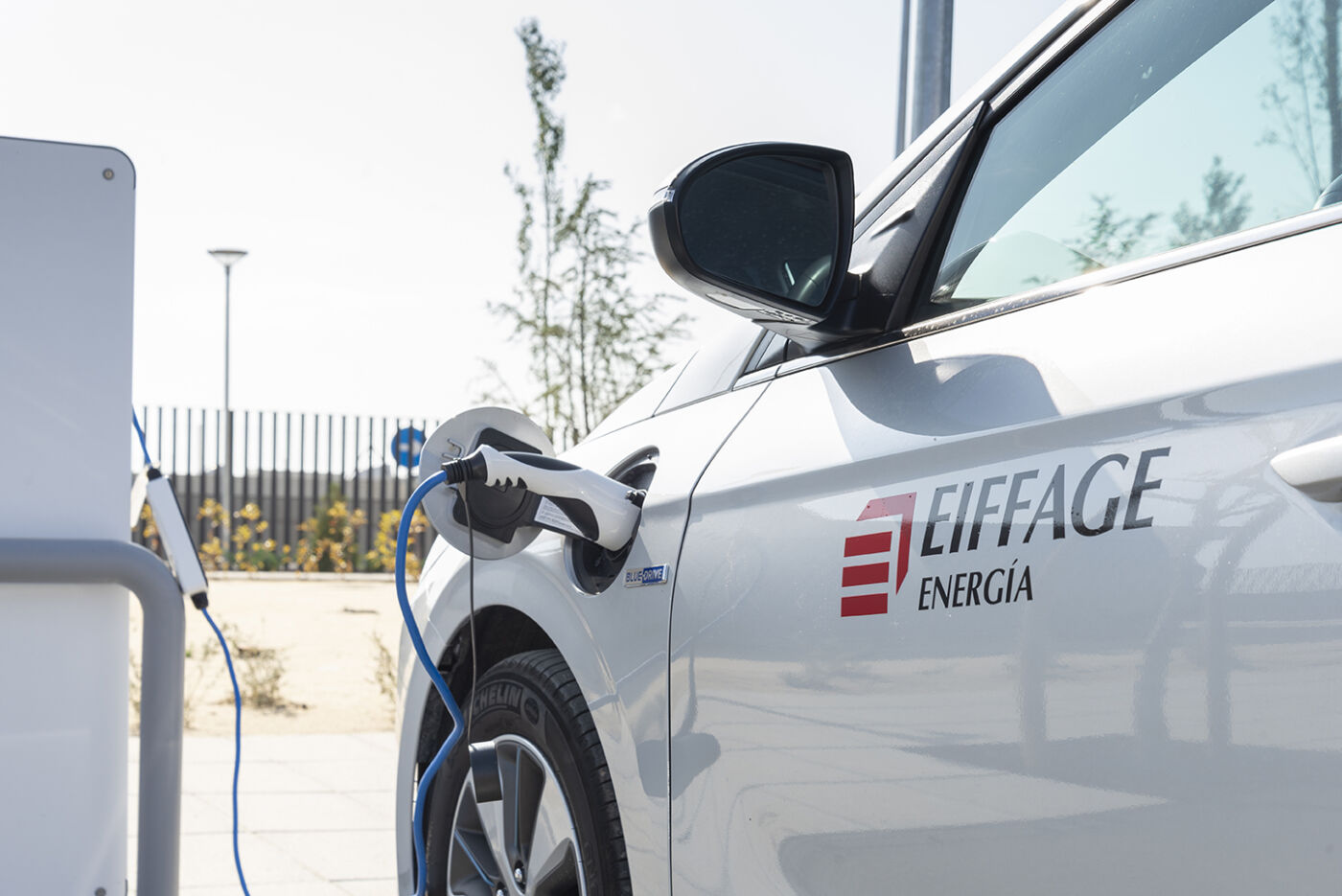Electric vehicle charging points. Eiffage Energía has participated in the latest issue of Energía magazine from El Economista. Specifically, our colleague Ramón Gero, from the Sustainability and Transversal Innovation department of Eiffage Energía, together with Andrés Jiménez, Public and Regulatory Law partner at Eversheds Sutherland, have written an editorial on legislative developments and technical considerations of electric vehicle charging points.  They begin by explaining the need to solve the problem of the definition of the legal framework of the charging points. In recent months, very intensive progress has been made in this regard; as well as in the determination of the subsidies that might be available to operators.
They begin by explaining the need to solve the problem of the definition of the legal framework of the charging points. In recent months, very intensive progress has been made in this regard; as well as in the determination of the subsidies that might be available to operators.
Subsidies and legal framework
With regard to the available subsidies , it should be noted that the Recovery, Transformation and Resilience Plan includes an incentive plan for the installation of charging points, to be financed with European Next Generation funds, within the section dedicated to sustainable mobility. As regards the legal framework, they recall that the Electricity Sector Act was amended in 2020 in order to establish the conditions for the authorisation of charging facilities. In the same year, Order TMA/178/2020 regarding access to charging facilities was issued. In this context, they cite the two standards that, at the time of writing, were in the approval phase. On the one hand, the draft Royal Decree regulating the activity of providing electric vehicle charging services. And, on the other hand, the draft Order that establishes the information obligations that the operators of the charging service must submit to the Autonomous Communities and to MITECO. All for the purpose of keeping the list of available charging points up to date.
Climate Change Law
However, they claim that perhaps the most important modification is the one contained in the recent Climate Change Law. This Law imposes on the current owners of fuelling stations the obligation to implement charging infrastructures for electric vehicles. A requirement to be met provided that its sales volume in 2019 had reached the minimum threshold of 5 million litres. These infrastructures must have a capacity of at least 50 kW or 150 kW, depending on their sales volume, once the minimum threshold has been exceeded. And they should do so within 21 to 27 months from the entry into force of the Law, except in the case of those operating on the state highway network. In this case, it will be necessary to wait until the Royal Decree is published. This means covering approximately 10% of the road network, which means fewer than 1,100 service stations. With that number of installations, it would be possible to ensure the supply of high-capacity roads with fast charging points every 15 km. That is, a length of 17,228 km of the more than 160,000 km of roads that exist in Spain.
Private enterprise forecasts
For Ramón Gero and Andrés Jiménez, the obligations imposed by the Law fall far short of the forecasts of the Recovery Plan, which places the targets for the deployment of charging points between 80,000 and 110,000 by 2023. In this regard, they offer several considerations. On the one hand, they draw attention to the way in which private enterprise has begun to mobilise to implement charging points in a number far higher than the number required by law. On the other hand, they refer to the capacity of the electric grid to meet the demand that would result from this increase in the number of electric vehicles and charging points. To explain this, they give the example of the plans and forecasts of the main companies in the sector, such as Iberdrola, Endesa and Repsol. According to Red Eléctrica, with today’s average mobility needs, each one million electric vehicles will require an additional 2,190 GWh of energy. Values below 1% of the total of the national energy demand.
Guaranteed security of supply
Therefore, they point out, meeting the targets foreseen for 2030 (5 million EVs) will mean an increase of less than 5% of the current energy demand. The Spanish electrical grid has previously dealt with demand increases far higher than these, so that security of supply would be guaranteed. They conclude by assuring that the electrical power generation and transmission system is ready for this deployment. However, investments in the distribution network may be necessary. Smart charging of electric vehicles, understood as the possibility of scheduling the charge, minimises these potential investments in infrastructure and enables a more efficient electrical system and greater integration of renewable energies. ElEconomista. Full editorial 



































